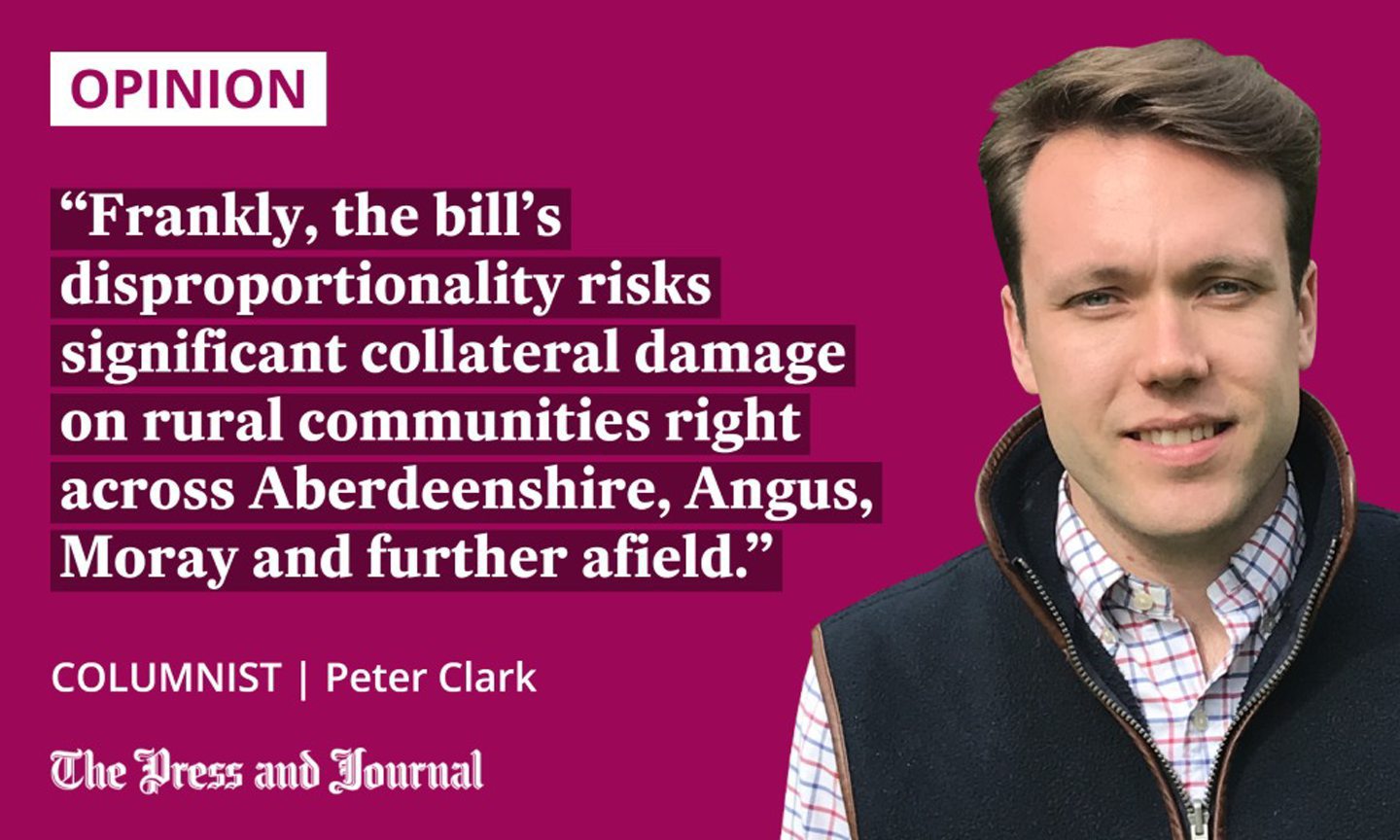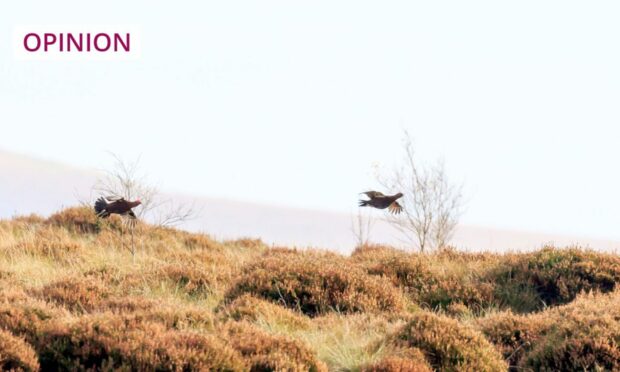The controversial and complex Wildlife Management and Muirburn (Scotland) Bill has been introduced to the Scottish parliament, and it is nothing short of a legislative sledgehammer to crack a nut.
Since its initial consultation process, it has undergone several new additions and an inconspicuous name change, dropping “grouse” from the title. One might question this omission, given the bill’s raison d’être is to license grouse shooting.
The bill seeks to establish a licensing system for the use of certain wildlife traps and undertaking muirburn. However, it’s in the licensing system for land on which the “killing or taking of specific birds” that we get to the crux of the issue.
“Specific birds” relates to red grouse right now, in the bill’s current form, but here lies the possibility of the floodgates opening to the licensing of other activities.
The Scottish Government could add any species, whether red-legged partridge or pheasant to the “list”, requiring land managers to apply and be granted an individual licence. The addition of a species could be done without the necessary rigorous parliamentary scrutiny or substantial consultation process. In short, this means that, in the future, the shooting of any gamebird could be licensed.

The licensing scheme is deeply flawed, as licences can be suspended or revoked easily, through nonadherence to an as yet unpublished code of practice, and would only last for a period of one year.
In fact, the very notion of these obstacles is a deterrent for land managers, and could dissuade a licence application entirely. It would also create numerous uncertainties around investing in grouse shoots, which would lead to a significant proportion of managed land becoming unmanaged.
Wider rural economy could be seriously affected
Frankly, the bill’s disproportionality risks significant collateral damage on rural communities right across Aberdeenshire, Angus, Moray and further afield. Losing the right to shoot grouse could result in an immediate financial loss for the licence holder, but it also has far-reaching consequences for jobs and the wider rural economy.
The pronounced effect on the rural supply chain could lead to the loss of village pubs, hotels, shops, and jobs moving out of the glen. This is because 60 to 80% of direct spending from grouse shooting occurs within the local or regional area. Simultaneous to the financial loss for estates and communities is the possible and further erosion of the fabric and culture of rural Scotland.
Fundamentally and portentously, the bill’s impact will considerably slow and, in some cases, stall efforts towards enhancing biodiversity and conservation measures, not only in the uplands but in lowland areas too.
BASC is informing MSPs and Cabinet Secretary Mairi Gougeon of the significant drawbacks of this bill, but is also encouraging the public to respond to the “call for views” on the Scottish parliament website, which seeks feedback on the proposals. It is imperative that rural voices are heard.
Peter Clark is public affairs manager for the British Association for Shooting and Conservation (BASC) in Scotland


Conversation